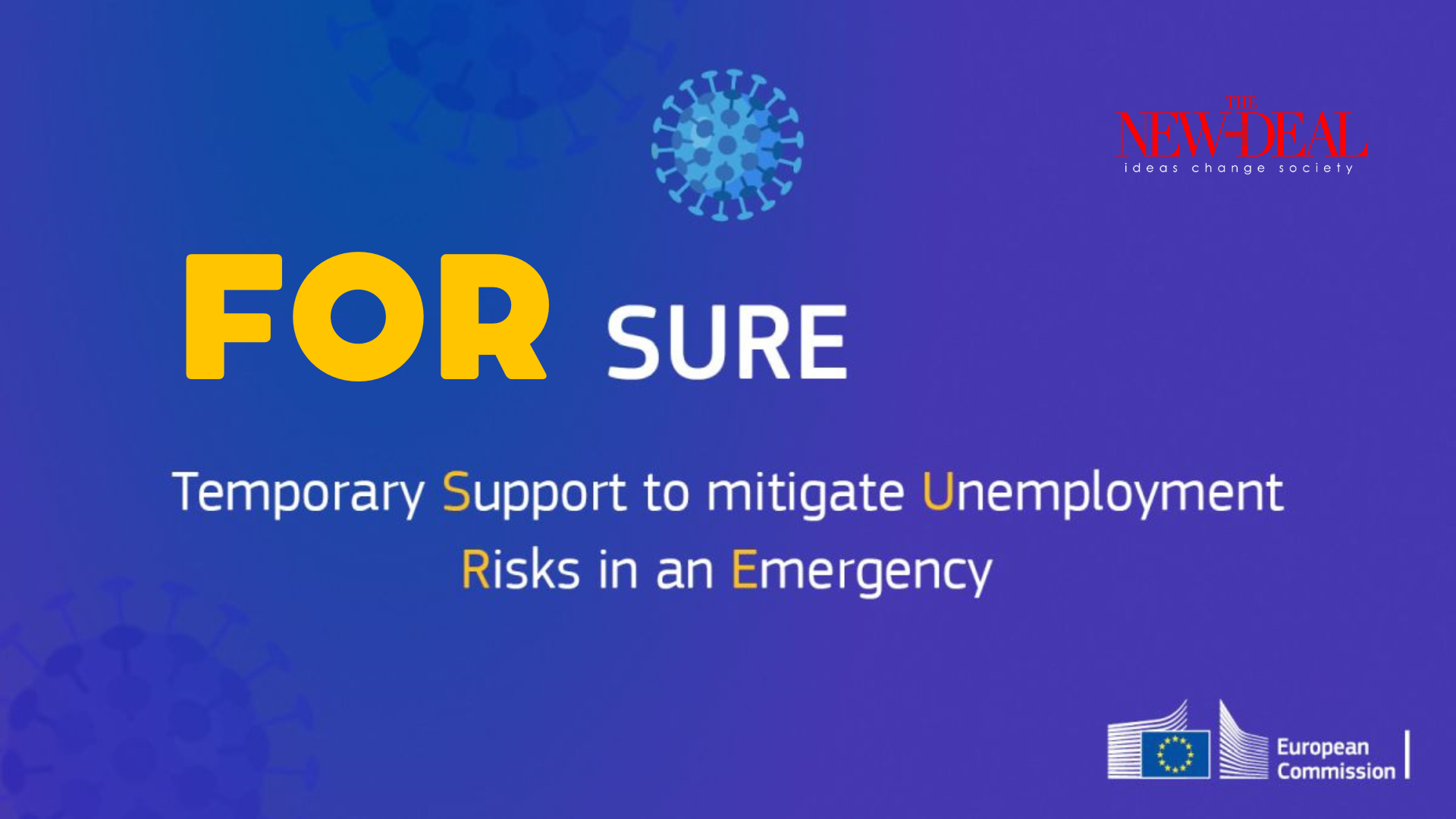by PAUL KRUGMAN
So Republicans may have decided to raise the debt ceiling without conditions attached — the details still aren’t clear. Maybe that’s the end of that particular extortion tactic, but maybe not, because, at best, we’re only looking at a very short-term extension. The threat of hitting the ceiling remains, especially if the politics of the shutdown continue to go against the G.O.P
So what are the choices if we do hit the ceiling? As you might guess, they’re all bad, so the question is which bad choice would do the least harm.
Now, the administration insists that there are no choices, that if we hit the debt limit the U.S. government will go into general default. Many people, even those sympathetic to the administration, suspect that this is simply what officials have to say at this point, that they can’t give Republicans any excuse to downplay the seriousness of what they’re doing. But suppose that it’s true. What would a general default look like?
A report last year from the Treasury Department suggested that hitting the debt ceiling would lead to a “delayed payment regime”: bills, including bills for interest due on federal debt, would be paid in the order received, as cash became available. Since the bills coming in each day would exceed cash receipts, this would mean falling further and further behind. And this could create an immediate financial crisis, because U.S. debt — heretofore considered the ultimate safe asset — would be reclassified as an asset in default, possibly forcing financial institutions to sell off their U.S. bonds and seek other forms of collateral.
That’s a scary prospect. So many people — especially, but not only, Republican-leaning economists — have suggested that the Treasury Department could instead “prioritize”: It could pay off bonds in full, so that the whole burden of the cash shortage fell on other things. And by “other things,” we largely mean Social Security, Medicare, and Medicaid, which account for the majority of federal spending other than defense and interest.
Some advocates of prioritization seem to believe that everything will be O.K. as long as we keep making our interest payments. Let me give four reasons they’re wrong.
First, the U.S. government would still be going into default, failing to meet its legal obligations to pay. You may say that things like Social Security checks aren’t the same as interest due on bonds because Congress can’t repudiate debt, but it can, if it chooses, pass a law reducing benefits. But Congress hasn’t passed such a law, and until or unless it does, Social Security benefits have the same inviolable legal status as payments to investors.
Second, prioritizing interest payments would reinforce the terrible precedent we set after the 2008 crisis, when Wall Street was bailed out but distressed workers and homeowners got little or nothing. We would, once again, be signaling that the financial industry gets special treatment because it can threaten to shut down the economy if it doesn’t.
Third, the spending cuts would create great hardship if they go on for any length of time. Think Medicare recipients turned away from hospitals because the government isn’t paying claims.
Finally, while prioritizing might avoid an immediate financial crisis, it would still have devastating economic effects. We’d be looking at an immediate spending cut roughly comparable to the plunge in housing investment after the bubble burst, a plunge that was the most important cause of the Great Recession of 2007-9. That by itself would surely be enough to push us into recession.
And it wouldn’t end there. As the U.S. economy went into recession, tax receipts would fall sharply, and the government, unable to borrow, would be forced into a second round of spending cuts, worsening the economic downturn, reducing receipts even more, and so on. So even if we avoid a Lehman Brothers-style financial meltdown, we could still be looking at a slump worse than the Great Recession.
So are there any other choices? Many legal experts think there is another option: One way or another, the president could simply choose to defy Congress and ignore the debt ceiling.
Wouldn’t this be breaking the law? Maybe, maybe not — opinions differ. But not making good on federal obligations is also breaking the law. And if House Republicans are pushing the president into a situation where he must break the law no matter what he does, why not choose the version that hurts America least?
There would, of course, be an uproar, and probably many legal challenges — although if I were a Republican, I’d worry about, in effect, filing suit to stop the government from paying seniors’ hospital bills. Still, as I said, there are no good choices here.
So what will happen if and when we hit the debt ceiling? Let’s hope we don’t find out.
Το άρθρο του Νομπελίστα Οικονομολόγου Paul Krugman δημοσιεύεται στην εφημερία “THE NEW YORK TIMES”dea



























